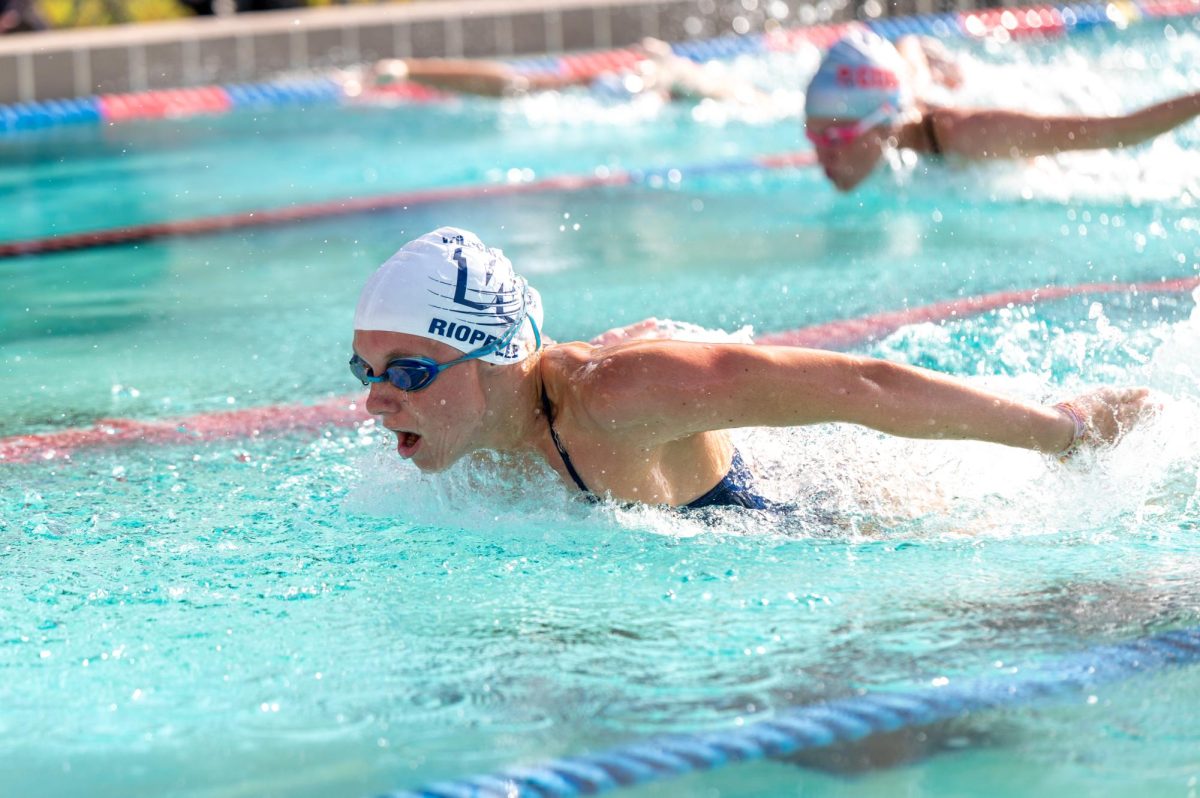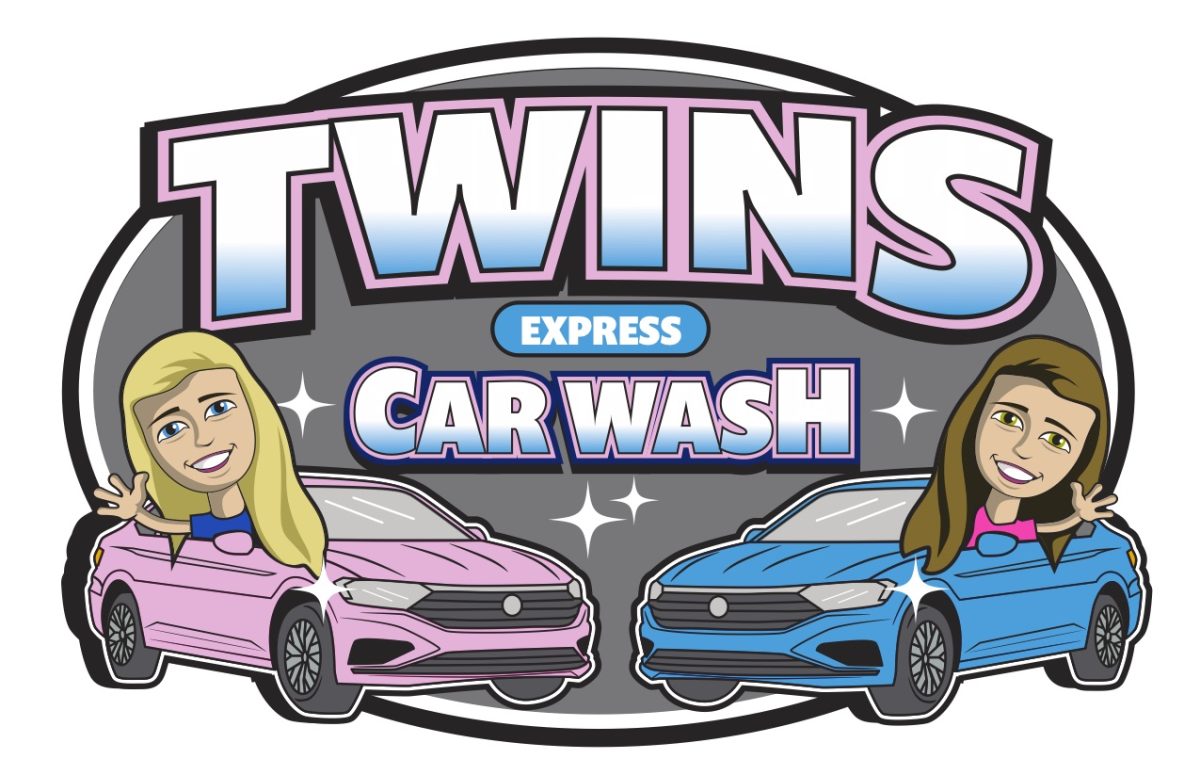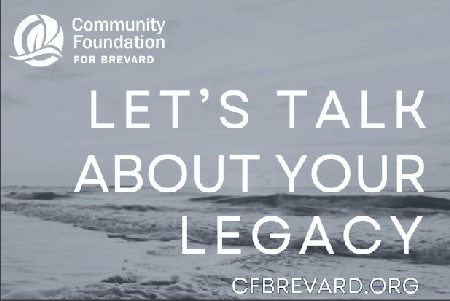Students plug into social media platforms
March 11, 2019
After school, senior Piper Honaker opens the Snapchat application on her phone, sending photos of her Yorkie terrier to her “streaks.”
Snapchat streaks display a count of how many consecutive days two people have sent photos to each other and Honaker keeps a conversation with 17 people.
“It’s just a fun way to talk to your friends,” Honaker said.
After exiting Snapchat, Honaker enjoys scrolling through her Instagram feed, much like sophomore Karlyn Mann does.
“I like Instagram … because it is kind of a whole reflection of someone’s personality over their lifetime,” Mann said. “I spend two to three hours on social media during the week, and more on weekends.”
Teenagers spend an average of nine hours a day on social media, Common Sense Media, a family technology education nonprofit group reported in 2015.
Using social media so often has diverted students’ attention from other activities.
“Sometimes I can get distracted and go my phone and 20 minutes has passed, and I only meant to check something really quickly,” Mann said.
Honaker agrees that social media can be “a huge distraction” when she’s trying to work.
Hours on social media has also caused self-doubt among teenagers who compare themselves to the “perfect” lives posted on platforms such as Instagram, Child Mind Institute reports.
“I have friends who lose confidence over people on Instagram and are too ashamed to post something because of what others will think, and that’s just sad,” Mann said.
In addition to negative health effects, social media consumes the lives of some teenagers.
“I think my perception of others has been altered when people only post selfies or follow people just for followers,” Mann said. “It’s just a little obnoxious to see someone’s priorities out of place.”
Pew Research Center reports that more than 71 percent of teenagers use more than one social media platform, and Instagram and Snapchat are two of the most popular applications.
While most people use social media and have public accounts, numerous students opted not to discuss their social media habits and preferences because they claimed it was embarrassing.
By Emma Robinson



















































